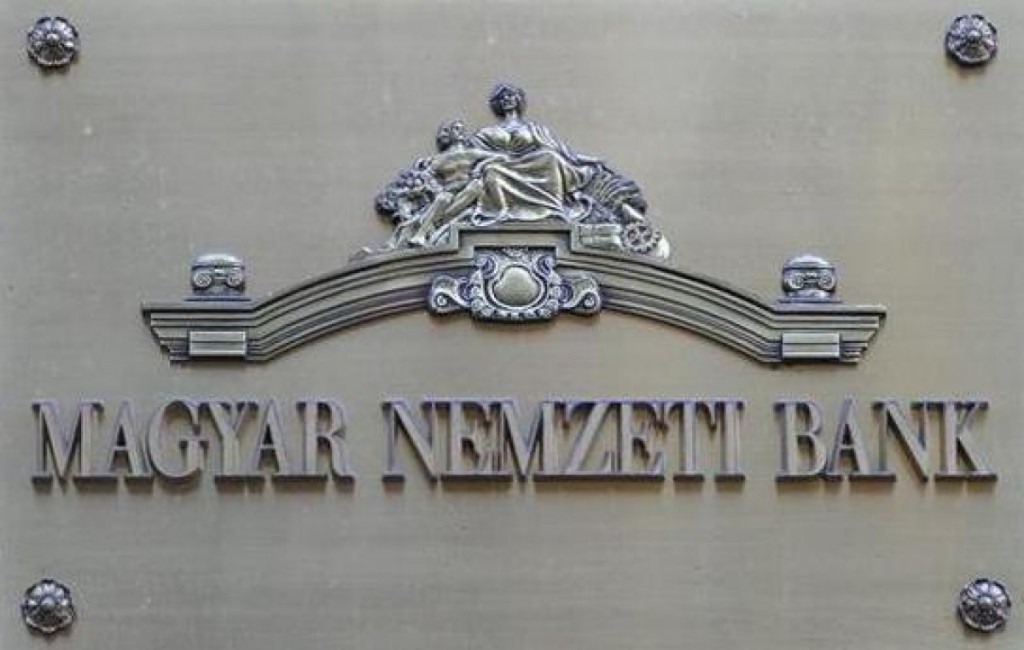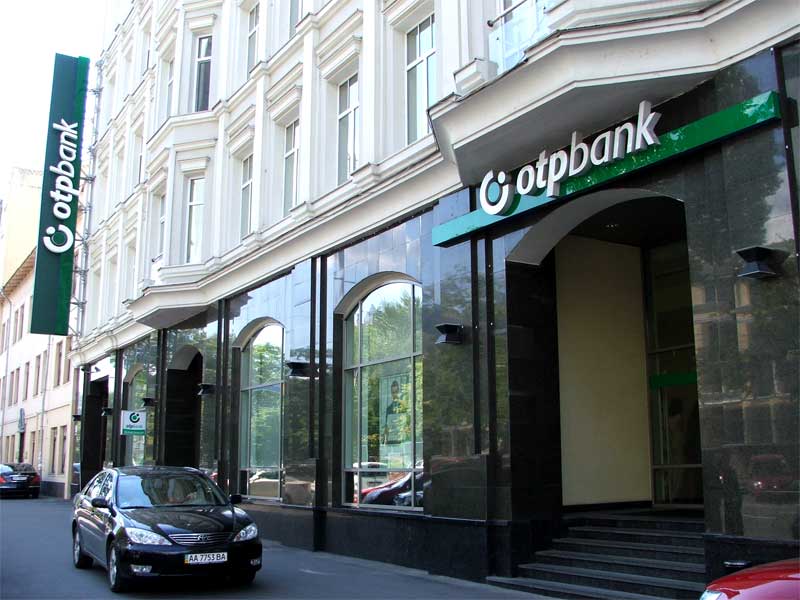MNB keeps base rate on hold, reviews policy instruments

The Monetary Council of the National Bank of Hungary (MNB) decided to keep the central bank’s key rate on hold at 0.90% at a monthly policy meeting on Tuesday, Hungarian news agency MTI reported. At the same time, it revealed moves to simplify and fine-tune its set of policy instruments.
The Monetary Council has left the base rate on hold since ending an easing cycle in the spring of 2016. The council also left the O/N central bank deposit rate at -0.15% and the O/N collateralized loan rate at 0.90% at the meeting Tuesday.
In a statement released after the meeting, the council said it had reviewed its monetary policy instruments and was "prepared for the gradual and cautious normalization of monetary policy, which will start depending on the outlook for inflation."
"The set of unconventional instruments affecting short-term yields will be simplified, and the Monetary Council will publish the background material to the [MNB’s] instrument strategy," the statement continued. "In addition, the set of unconventional instruments affecting long-term yields will be fine-tuned."
The MNB said the inflation target is still expected to be achieved in a sustainable manner from mid-2019.
"To ensure this, in the council’s assessment, maintaining the base rate and the loose monetary conditions is necessary," the statement added.
Three-month depo, MIRS tenders to be phased out
The council said it has decided to phase out the three-month deposit, previously the central bank’s main sterilization instrument. The current stock of three-month deposits will decline to zero by the end of December 2018. In future, mandatory reserves will be the main policy instrument, the council said, adding that the interest rate on mandatory reserves and preferential deposits will remain equal to the central bank base rate.
"Looking forward, the [MNB] will adjust the monetary conditions necessary to achieve the inflation target in a sustainable manner by creating an optimal combination of two of its instruments: swaps providing forint liquidity and the interest rate corridor," the council added.
The council also decided to phase out tenders of the MNB’s monetary policy interest rate swaps (MIRS), as well as its mortgage bond purchase program, by the end of 2018. The council set the maximum annual stock of MIRS for 2018 at HUF 1.1 trillion. At present, the MIRS stock stands at close to HUF 935 billion.
The mortgage bond purchase program will be phased out in two stages: purchases on the primary market will continue until December 31, 2018, and purchases on the secondary market until September 30, 2018.
More fixed-rate lending to SMEs
In addition, the council said it would launch a new program to "raise the proportion of long-term, fixed-rate lending to SMEs to an adequate level" early in 2019. The program, dubbed "FGS fix," will be launched with HUF 1 tln. In contrast with earlier phases of its Funding for Growth Scheme (FGS), the MNB will sterilize excess liquidity arising from lending under FGS fix by using a preferential deposit facility that pays the central bank base rate.
"This will contribute to developing a healthy structure for SME lending, while having a neutral impact on liquidity developments," the council said.
In a separate paper outlining the conditions of the FGS fix, the MNB said the interest rate of refinancing loans under the program will be 0%, while the interest rate of SME loans disbursed by lenders will be capped at 2.5%.
The currency of the new investment loans is limited to forints and the lending threshold per SME will be HUF 1 bln. Maturities of the new investment loans will be between three and ten years.
Council targets liquidity crowdout
The council set the average amount of banking sector liquidity to be crowded out in the fourth quarter at "at least" HUF 400-600 bln, level with the amount set for the previous quarter. The council will next decide on the amount of liquidity to be crowded out in December 2018 "and will take this into account in setting the stock of central bank swap instruments."
The council also reiterated that inflation remains the MNB’s "single anchor." However, under the flexible inflation targeting regime, rate-setters take into account all factors that may affect inflation developments on the five- to eight-quarter horizon of monetary policy, it added. The council included among those factors commodity prices, changes in the external inflation environment, labor market conditions, the position of the real economy, developments in the exchange rate, and credit market conditions.
"By taking into account all these factors, the [MNB] is able to assess the likely magnitude and persistence of future price changes, which in turn determines the monetary policy response," the council said.
Condensed minutes of the policy meeting on Tuesday will be published at 2 p.m. on October 3, MTI noted.
SUPPORT THE BUDAPEST BUSINESS JOURNAL
Producing journalism that is worthy of the name is a costly business. For 27 years, the publishers, editors and reporters of the Budapest Business Journal have striven to bring you business news that works, information that you can trust, that is factual, accurate and presented without fear or favor.
Newspaper organizations across the globe have struggled to find a business model that allows them to continue to excel, without compromising their ability to perform. Most recently, some have experimented with the idea of involving their most important stakeholders, their readers.
We would like to offer that same opportunity to our readers. We would like to invite you to help us deliver the quality business journalism you require. Hit our Support the BBJ button and you can choose the how much and how often you send us your contributions.








